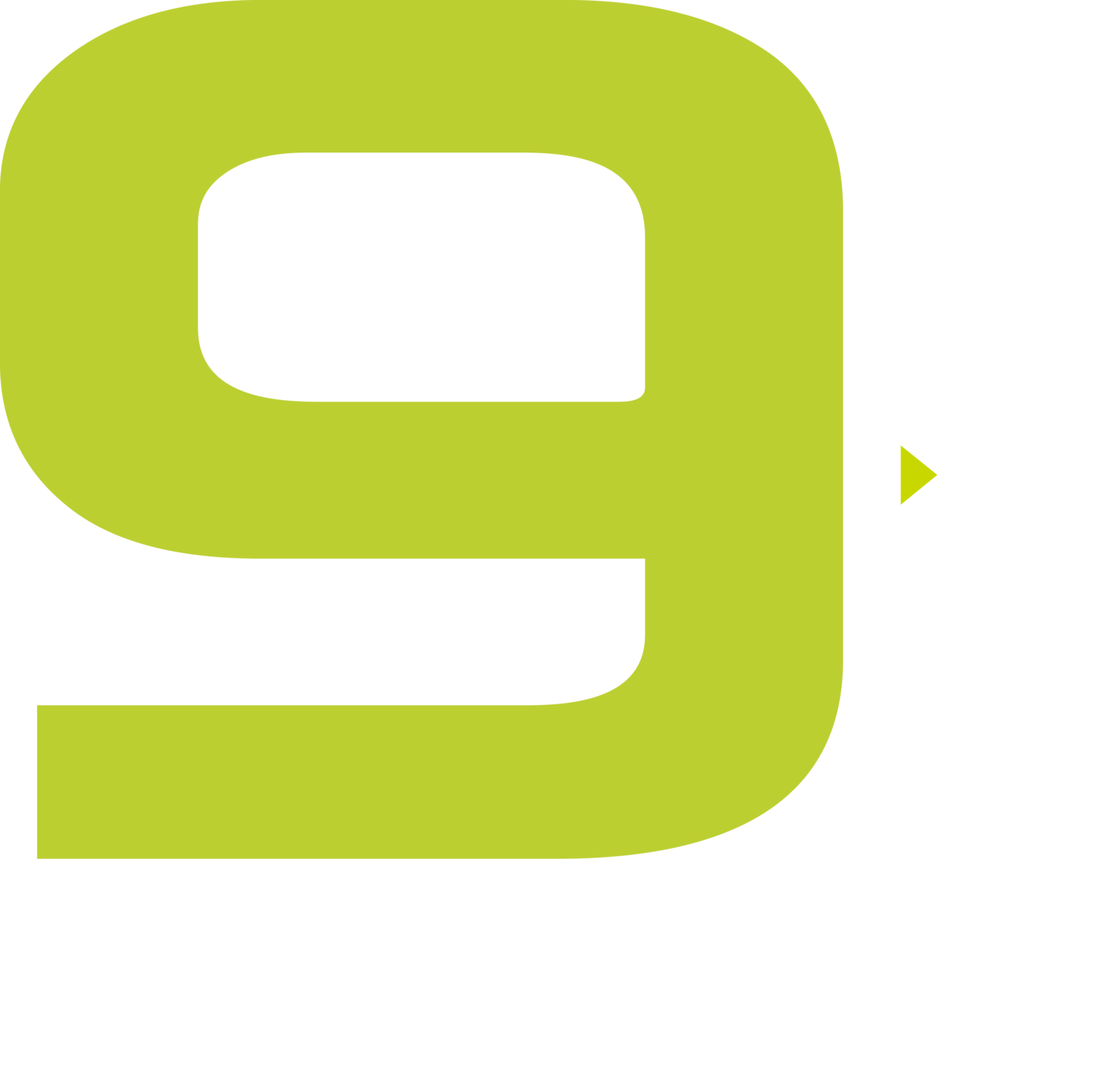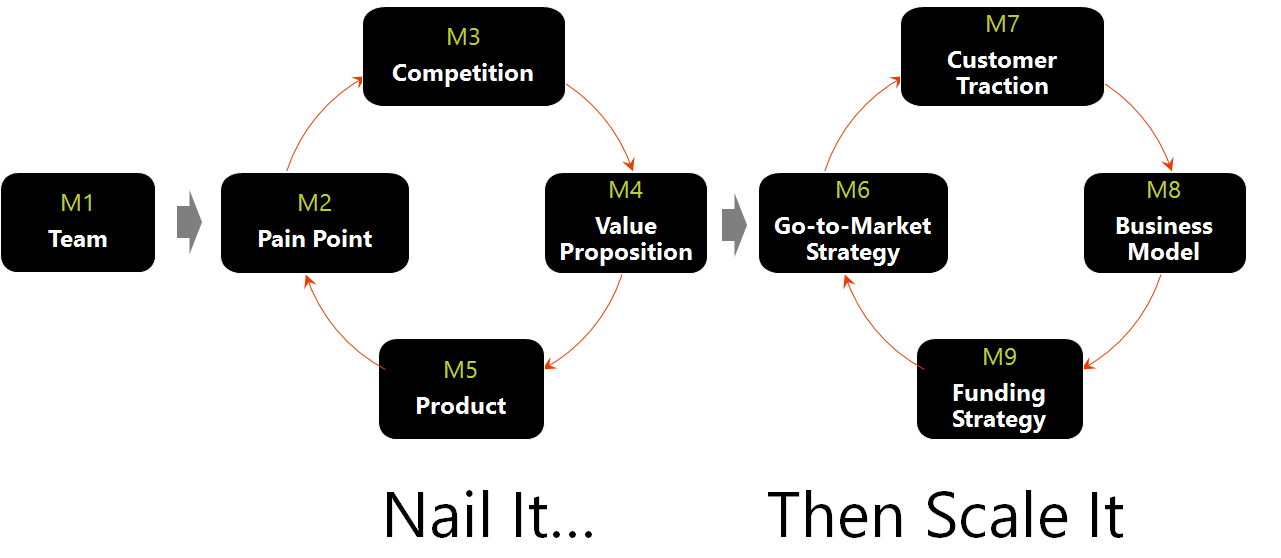It’s hard to believe 9Mile Labs is three years old, but we reached that milestone this month. Supporting driven entrepreneurs as they grow their startups has been a non-stop learning experience full of excitement and challenges. After investing in 48 companies across five cohorts, we’ve learned a lot about building innovative companies from the ground-up, so we decided to share some of our experiences through a series of blog posts. This first post talks about why we started 9Mile Labs and our vision for Seattle’s startup community.
The Puzzle
We owe the genesis of 9Mile Labs to a puzzle. All the data we saw over three years ago indicated Seattle should be a thriving startup hub. On the supply side, we had tons of technical talent, not to mention phenomenal business talent honed for decades at companies such as Amazon, Starbucks, and Boeing. According to the 2012 Startup Ecosystem report from Startup Genome, Seattle ranked #2 in the availability and quality of technical talent after Silicon Valley. In 2011, there were 2.15 patents per 1,000 people in Washington state, compared to 1.53 in California. On the finance side, this region didn’t just have “old money” from stalwart businesses such as Nordstrom, Boeing, Weyerhaeuser, Paccar, Starbucks, Costco, Alaska and others, it also had many individuals who had accumulated wealth at companies such as Microsoft, Amazon, F5, Parallels, Zillow and Real Networks.
Yet despite having all the “pieces of the puzzle” necessary for a thriving tech startup sector, Seattle ranked low on company creation. In the 2012 Startup Ecosystem report, Seattle ranked 2nd in talent and 7th in funding, but a lowly 19th in startup output among the top 20 global startup ecosystems. Out of a handful of local VC firms, Olympic Venture Partners had had recently shut down.
The Solution
As we talked to dozens of entrepreneurs, investors, and executives, we saw that while all the raw materials existed to turn Seattle into a startup hub, the support infrastructure for early-stage startups was seriously lacking. When entrepreneurs wanted to start a business, they had trouble finding seed funding, credible mentors, and best practice information. This lack of access to resources dissuaded many individuals from taking the first step into entrepreneurship.
We created 9Mile Labs to solve this conundrum. By bringing the best entrepreneurs together with committed mentors, service providers, and angels, 9Mile Labs sought to stimulate company creation - the missing part of the Seattle startup puzzle. Supporting entrepreneurs to launch companies would then jumpstart the entire startup ecosystem in Seattle - leading to more later-stage deals, successful exits, and more money flowing back into serial entrepreneurship.
Just to be clear, there were some excellent organizations supporting Seattle’s entrepreneurs, including WTIA, Techstars, NWEN, Founders’ Institute, and Fledge Incubator. But with Seattle’s great potential, we realized we could do even more to support early-stage startups. That’s why we decided to create a new startup accelerator. The most frequent question we’re asked is: “Do you compete with Techstars?” That question implicitly takes a zero-sum game approach to our ecosystem. We believe that adding our enterprise/B2B skills, experiences and networks to the startup ecosystem increases entrepreneurial activity here, attracts entrepreneurs from outside to our thriving startup community and increases the overall entrepreneurial quotient in the broader ecosystem.
Why Accelerator?
We liked a lot of things about the accelerator model. We knew the investor-entrepreneur flywheel wouldn’t take off until those of us with experience, networks, and vision committed to helping launch the earliest-stage companies. Great ideas can’t become great companies unless entrepreneurs receive access to mentoring, hands-on business support, seed funding, and collaborative workspaces. All the 9Mile Labs founders had been operators, entrepreneurs, and execution guys at B2B tech companies, so we chose to focus on enterprise/B2B startups - because that’s where the bulk of our collective 50+ years of experience lies. Plus, with more than a decade of funding pouring into consumer startups, we saw the time was ripe for B2B investment.
No More Seagulls
Mentorship would be the central component of 9Mile Labs’ business model - that much was clear. We recruited mentors who could really help the entrepreneurs - not just offer offhand advice, but roll up their sleeves and help with everyday operations. We were all too familiar with the “seagull” model of mentorship, where mentors would spend a few hours a month at the accelerator to drop some “pearls of wisdom” to a few entrepreneurs, and then fly away - rarely to engage with the startups ever again. In our minds, mentorship would only be worth something if it was sustained and involved. So we asked our mentors to make a weekly commitment to the startup they would support. Most responded enthusiastically, proving people prefer to provide something of real value, even if it takes more of their time.
A Structured Methodology for Helping Startups
Great advice isn’t worth much to entrepreneurs unless they have a roadmap to get from idea to execution. Another of our major commitments was to develop a structured methodology around how we would select and support startups. While all the 9Mile Labs co-founders had started and grown companies before, we wanted to make sure to “institutionalize” our collective knowledge into a step-by-step plan to help entrepreneurs. We thus created the 9Mile Labs Innovation Framework, a set of best practices we follow to select companies, structure our curriculum, and perform ongoing assessment of our companies’ progress. Like any business model, the Innovation Framework will evolve over time as we try new things and learn from our experiences.
Focus on Building Enduring Businesses
The final and probably the most important commitment we made was to create an accelerator that didn’t just spit new companies out in the world, but measured their successes and continued to support them for the long haul, even after they “flew the nest.” The commonly accepted measure of startup success is an exit. But in a world where exits can take 5-10 years, we knew we had to measure more immediate metrics to ensure our startups were on the right track. Thus, while we track proxies for success such as post-accelerator funding and book value, we focus relentlessly on the most important metric for building an enduring business -- customer traction.
Building an enterprise company is a long-term game, because building great software means nothing if you can’t acquire, keep, and upsell customers. We focus 100% on helping our startups nail customer acquisition and exponential growth, because without a large and growing customer base, a business will never be successful - no matter how much buzz they generate or funding they receive. Plus, if startups can acquire lots of customers quickly - and then continue to delight them through ongoing innovation - they can fund growth through actual revenues. Investment fads wax and wane, startup trends come and go, unicorns turn into unicorpses, but customer growth and revenue never go out of fashion.
The last three years have been a blast. We’ve had some great wins, we’ve been humbled, we’ve received criticisms, and we’ve heard accolades. But most of all, we’ve learned new lessons about what it takes to support entrepreneurship on a day-to-day basis. Our hope is to share those learnings with a larger and larger crop of early-stage startups, helping to build a great startup ecosystem commensurate with Seattle’s unique talents, strengths and potential.
9Mile Labs is a leading Enterprise / B2B high-tech accelerator based in Seattle. 9Mile Labs is currently accepting applications for its upcoming program (beginning in July, 2016) at http://apply.9MileLabs.com.




